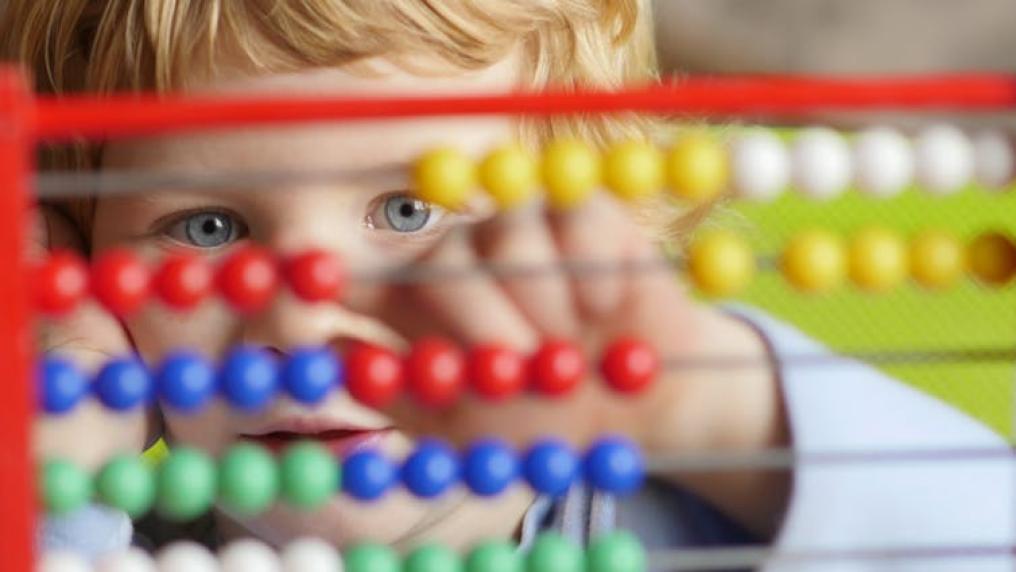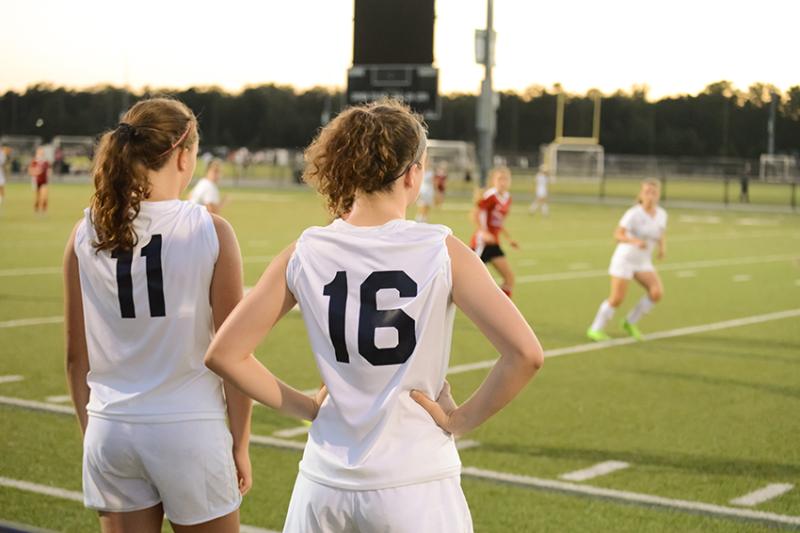How well are schools incorporating capabilities into the curriculum?

Mitchell's international adviser Professor Bill Lucas, writes capabilities are the new currency for success in life and that curriculum bodies are starting to reflect this change - but how visible this shift at the school level?
As teachers return to classrooms across Australia, what sort of a world are they imagining exists beyond the school gates? These are challenging times for citizens in any country as we work to find solutions to global warming, deal with sudden and unpredictable movements of displaced people and cope with dangerous animosities in the name of religion. At the same time, in the fields of technology, science and the arts for example, we are constantly surprised by humankind’s creativity and ingenuity.
Young people studying in schools now will go on to do jobs not yet invented, using technologies not now developed and with patterns of working life only now being prototyped. They will need an agility of mind not to be found on the curriculum of most schools. Andreas Schleicher, OECD Director for Education and Skills, speaking at the recent World Education Forum, highlighted the kinds of capabilities Australians will need if they are to flourish in a complex world. He called on schools to focus on the development of transferable skills such as entrepreneurship. The modern world, he reminded us, no longer rewards people just for what they know but for what they can do with what they know.
Schleicher’s views are echoed by both the business and research communities. In the UK, for example, the Confederation of British Industry, not always associated with progressive educational thinking, has called for schools to produce young people who have, among other things - resilience, self-control, curiosity, creativity and sensitivity to global concerns.
For the last five years Australia has made a deliberate shift, at least at the national policy level, towards stressing the importance of general capabilities as well as subjects.
Researchers from across the world can attest not only to the utility of such capabilities in a rapidly changing world, but also to their value in terms of educational attainment. For it turns out that certain dispositions are essentially useful. Angela Duckworth, pre-eminent in this field, has shown the close causal link between grit (a combination of perseverance and passion) and improved performance. Carol Dweck offers strong evidence for the power of what she calls ‘growth mindset’ as a kind of super-capability. Taken together these kinds of capabilities are increasingly referred to as performance character, potentially a more useful term than the two widely used alternatives - ‘soft’ or ‘non-cognitive’ skills. (Both of these are inaccurate. They are not soft (a potentially demeaning notion) while non-cognitive somehow sounds as if the brain is not involved.
The importance of these kinds of capabilities is that they are valuable in their own right, lead to better educational attainment and are ideal for dealing well with the complex world for which schools are preparing young people. James Heckman and Tim Kautz have recently summarised the strength of evidence for the impact of these kinds of capabilities.
Yet schools across the world are still almost entirely organised according to subjects or, to return to Schleicher, by what we know rather than how we use what we know. For the last five years Australia has made a deliberate shift, at least at the national policy level, towards stressing the importance of general capabilities as well as subjects. Indeed ACARA has explicitly asked schools to develop a capability-led curriculum, ‘an integrated and interconnected set of knowledge, skills, behaviours and dispositions that can be developed and applied across the curriculum to help students become successful learners, confident and creative individuals and active and informed citizens’.
The seven general capabilities are literacy, numeracy, Information and communication technology, critical and creative thinking, personal and social capability, ethical understanding and intercultural understanding. But of these it is the last four which the rest of the world would consider to be the kind of key capabilities making up performance character.
The direction of travel in Australia is spot on and we have seen some terrific examples of the way capabilities can truly be embedded in schools in as part of Mitchell’s partnership with the Victorian Curriculum and Assessment Authority.
But I wonder whether teachers, parents, and, most importantly students will have noticed?
Back in the UK in Educating Ruby: what our children really need to learn, I have suggested that there are seven capabilities which really matter. For ease of memorisation they all begin with the letter C – confidence, curiosity, creativity, collaboration, craftsmanship, communication and commitment. They are not far from what ACARA is suggesting.
At the Mitchell Institute we are convinced of the importance of understanding capabilities. We want to get even clearer as to which matter most and how they can acquired by all Australians.
Mitchell adviser, Prof Bill Lucas, is a world authority on expansive education. His recent book, written with Guy Claxton, Educating Ruby: what our children really need to learn, asks challenging questions about the kinds of capabilities schools should be cultivating, suggesting new ways of working for teachers and parents.



